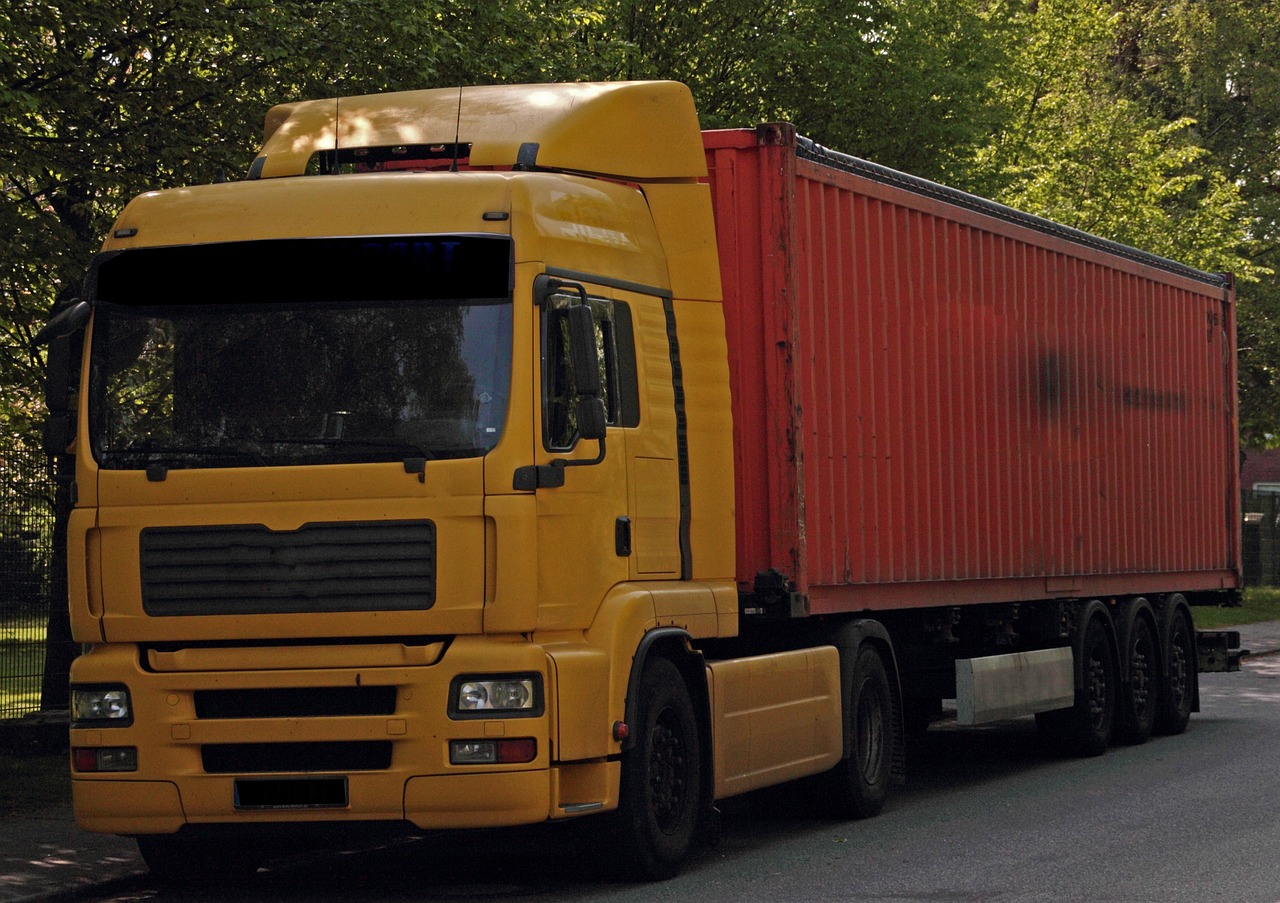Understanding flexible intermediate bulk containers
Flexible Intermediate Bulk Containers, commonly known as FIBCs or bulk bags, are large, flexible containers used for storing and transporting a wide range of materials, including powders, granules, and liquids. These bags are made from woven polypropylene or polyethylene fabric, providing strength, durability, and flexibility.
The benefits of fibcs
Cost-Effectiveness: One of the primary advantages of FIBCs is their cost-effectiveness. Compared to traditional rigid packaging options like drums or boxes, FIBCs offer significant savings in both material and transportation costs.
Versatility: FIBCs are highly versatile and can be customized to suit the specific requirements of different industries. They come in various sizes, shapes, and configurations, making them suitable for a wide range of applications.
Applications of fibcs
FIBCs find applications across diverse industries:
Chemical Industry: FIBCs are commonly used for storing and transporting chemicals due to their ability to withstand harsh environments and hazardous materials.
Food Industry: In the food industry, FIBCs are used for handling and transporting bulk quantities of ingredients such as grains, flour, and sugar.
Sustainability and fibcs
With the growing emphasis on sustainability, FIBCs have garnered attention for their eco-friendly attributes:
Reusable: FIBCs can be reused multiple times, reducing the need for single-use packaging and minimizing waste.
Recyclable Materials: The materials used in manufacturing FIBCs, such as polypropylene and polyethylene, are recyclable, contributing to a circular economy - super sacks.
Flexible Intermediate Bulk Containers have revolutionized the world of packaging with their cost-effectiveness, versatility, and sustainability. As industries continue to seek efficient and eco-friendly packaging solutions, FIBCs are poised to play an increasingly significant role in meeting these demands.





